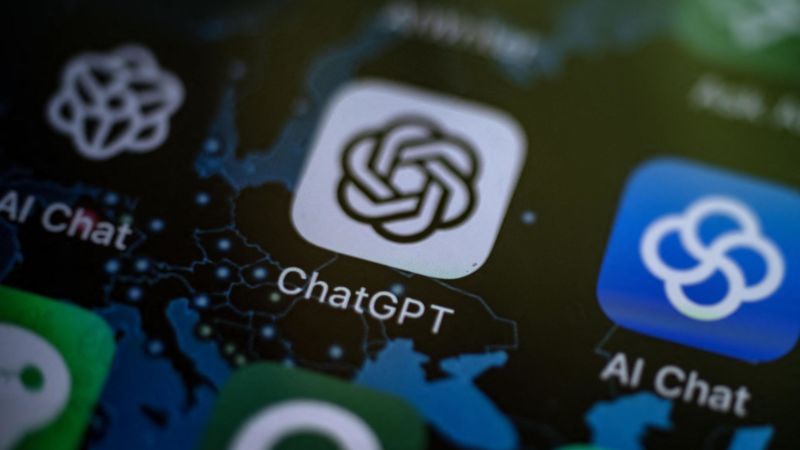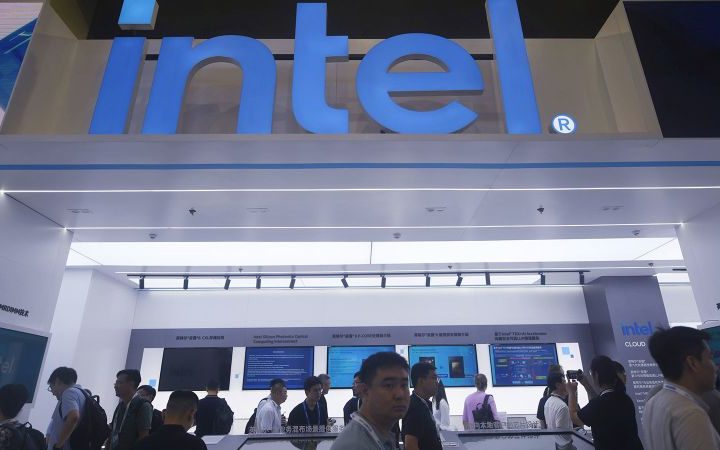When ChatGPT launched late last year, some high schools quickly developed strict policies to prohibit students from using the powerful AI chatbot tool over fears of cheating on assignments.
But now a new study from researchers at Stanford reveals the percentage of high school students who cheat remains statistically unchanged compared to previous years without ChatGPT.
The university, which conducted an anonymous survey among students at 40 US high schools, found about 60% to 70% of students have engaged in cheating behavior in the last month, a number that is the same or even decreased slightly since the debut of ChatGPT, according to the researchers.
In November 2022, ChatGPT -– developed by OpenAI –- went viral for generating convincing responses and essays in response to user prompts in seconds. While ChatGPT and similar AI tools have gained traction, the technology has raised some concerns over inaccuracies and its potential to perpetuate biases, spread misinformation and enable plagiarism.
“While there are individual alarming cases in the news about AI being used for cheating, we are seeing little evidence that the needle has moved for high schoolers overall,” Victor Lee, Stanford’s faculty lead for AI and education who helped oversee the survey, told CNN.
The findings come as research center Pew recently reported only 19% of teens ages 13 to 17 have used the platform for schoolwork. (And only two-thirds of teens have heard of ChatGPT).
Lee said the number of students accessing ChatGPT could change in the future as they learn more about the technology.
The survey also revealed students believe the tool should be allowed for “starter” purposes with assignments, such as asking it to generate new concepts or ideas for an assignment. Most of the respondents, however, agreed it should not be used to write a paper.
“It shows that a majority of students truly want to learn and see AI as a way to help them – as opposed to seeing it only as a tool to ‘do school’ and cut corners or save time as they complete assignments,” said Denise Pope, a senior lecturer at Stanford’s Graduate School of Education who also helped oversee the survey.
Some of the main cited reasons why students cheat include struggling to grasp subject material, not having enough time to do homework and feeling pressured to perform well, according to the researchers.
“We are only a little over a year into ChatGPT capturing public attention, so we all should expect some shifts over time with schools, work, and daily life,” Lee said. “A lot depends on how schools choose to approach AI as a topic and a tool, which could move things in either direction.”
Pope said educators should consider inviting student voices into these conversations, calling them “insightful and thoughtful” on the topic of AI and cheating. In a recent panel discussion, the researchers said students talked through the purpose of learning to write and debated what else they should be learning in school as AI continues to emerge. “That allowed all of us in the discussion to talk about the role of schools moving forward in a world where AI is ubiquitous,” she said.
In the first few months after the release of ChatGPT, fears over cheating escalated. Public schools in New York City and Seattle were among the first institutions to ban students and teachers from using ChatGPT on the district’s networks and devices
Some college-level instructors told CNN at the time they shifted back to in-classroom essays for the first time in years, and others required more personalized essays. Others said students were also required to film short videos that elaborate on their thought process.
Nowadays, however, more schools are encouraging and even teaching students how to best use these tools. Vanderbilt University, for example, is an early leader taking a strong stance in support of generative AI by offering university-wide training and workshops to faculty and students. A three-week 18-hour online course offered this summer was taken by over 90,000 students.
With more experts expecting the continued application of artificial intelligence, professors fear ignoring or discouraging the use of it will be a disservice to students and leave many behind when entering the workforce.
“It cannot be ignored,” Jules White, an associate professor of computer science at Vanderbilt University, previously told CNN. “I think it’s incredibly important for students, faculty and alumni to become experts in AI because it will be so transformative across every industry in demand so we provide the right training.”
Although concerns around cheating still exist, White said he believed students who want to plagiarize can still seek out other methods such as Wikipedia or Google searches. Instead, he said students should be taught that “if they use it in other ways, they will be far more successful.”
Stanford also offers an online hub with free resources to help teachers explain to high school students the dos and don’ts of using AI.
In the meantime, the researchers said they will continue to collect data throughout the school year to see if they find evidence that more students are using ChatGPT for cheating purposes.
“The jury is still out, but our current data shows that students don’t necessarily want to use it to short-cut learning as much as they want to use it to enhance their learning,” Pope said.
Read the full article here







